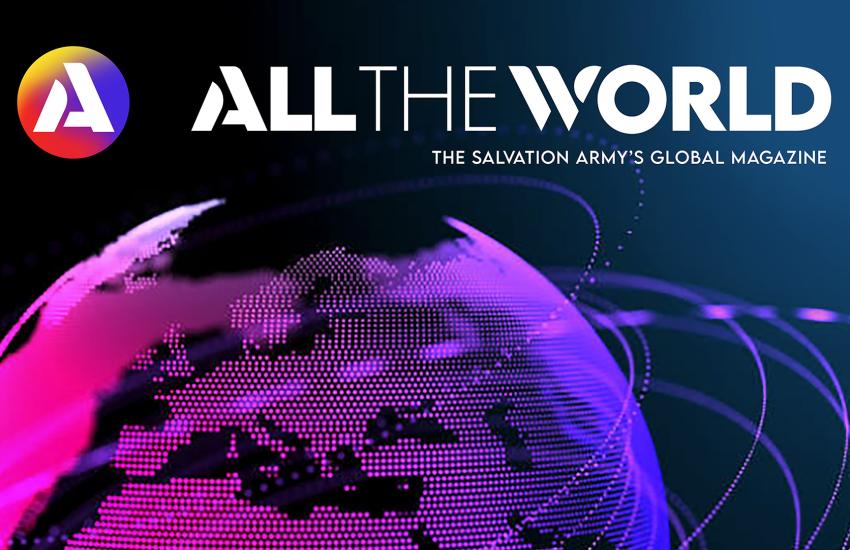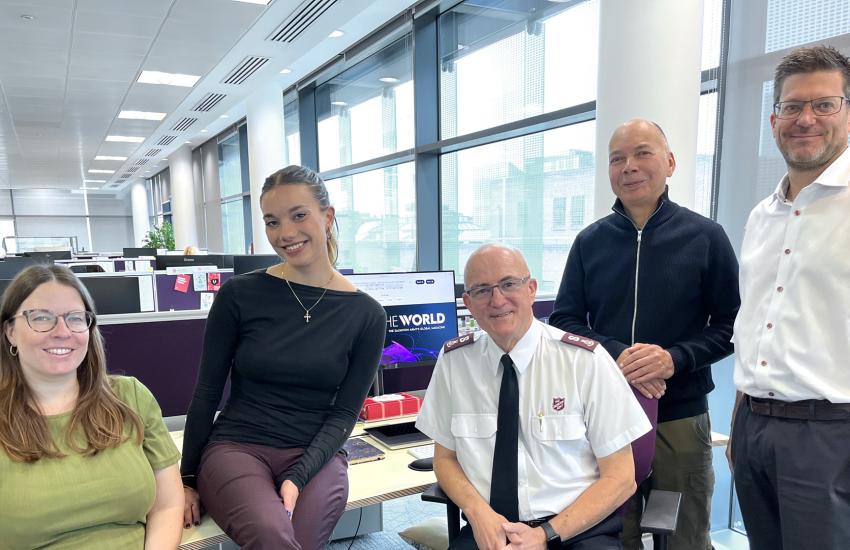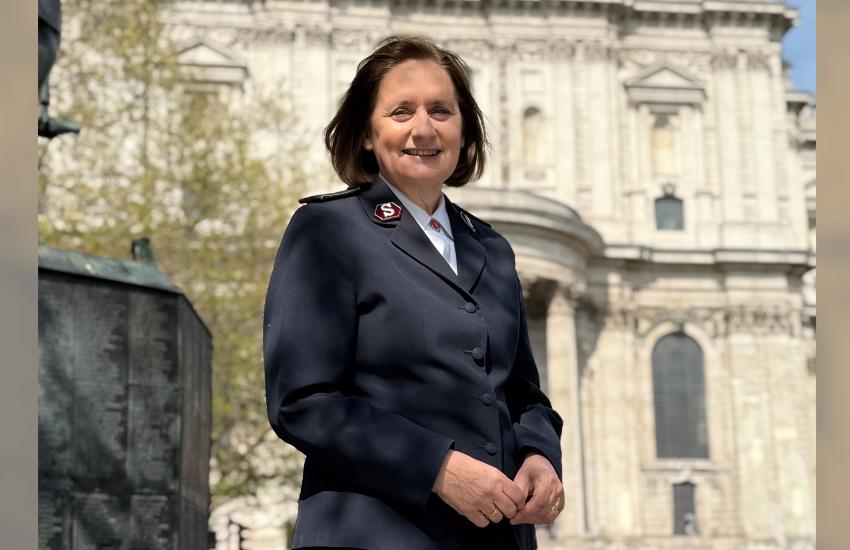AFTER engaging in one of the most extensive rescue and relief programmes in its 135-year history, meeting the immediate needs of the South Asia tsunami victims, The Salvation Army has now moved on to what is certain to be a lengthy reconstruction and rehabilitation programme for the region.
The Salvation Army’s past record shows that, as well as frequently being among the first relief agencies to arrive at the scene of a disaster, it is often the last to leave. When the Indian Ocean tsunamis struck, Salvationists living in Indonesia, India and Sri Lanka were among the first to offer help. The Salvation Army intends to maintain a permanent presence in those countries, with additional support provided by its International Headquarters emergency and development teams for as long as is necessary.
In the early stages of the disaster, Salvation Army personnel provided fresh water, food, cooking equipment, bedding, clothing, medical care, shelter and emotional support to victims and their families. Further afield, Salvation Army counsellors gave support at airports to many travellers returning from the region, and at mortuaries to which bodies were returned.
In the reconstruction and rehabilitation phase, The Salvation Army will give priority to enabling survivors of the tragedy to return to as normal a life as possible as soon as possible. This will involve building – or sponsoring the building of – new homes and helping people regain their livelihoods, for example through the provision of new fishing boats and nets.
Water, sanitation and electrical power needs will be addressed. Special assistance will be given to children orphaned in the disaster, and other children will be helped to return to school and to normal family life.
The Salvation Army is grateful for the generous financial support of many individual donors and for the offer of possible funding from a number of governments for specific reconstruction projects. Also, several other relief agencies in receipt of funding have asked for Salvation Army involvement in their projects. As a result, The Salvation Army’s post-tsunami programmes will extend for years rather than weeks or months.
International Headquarters




